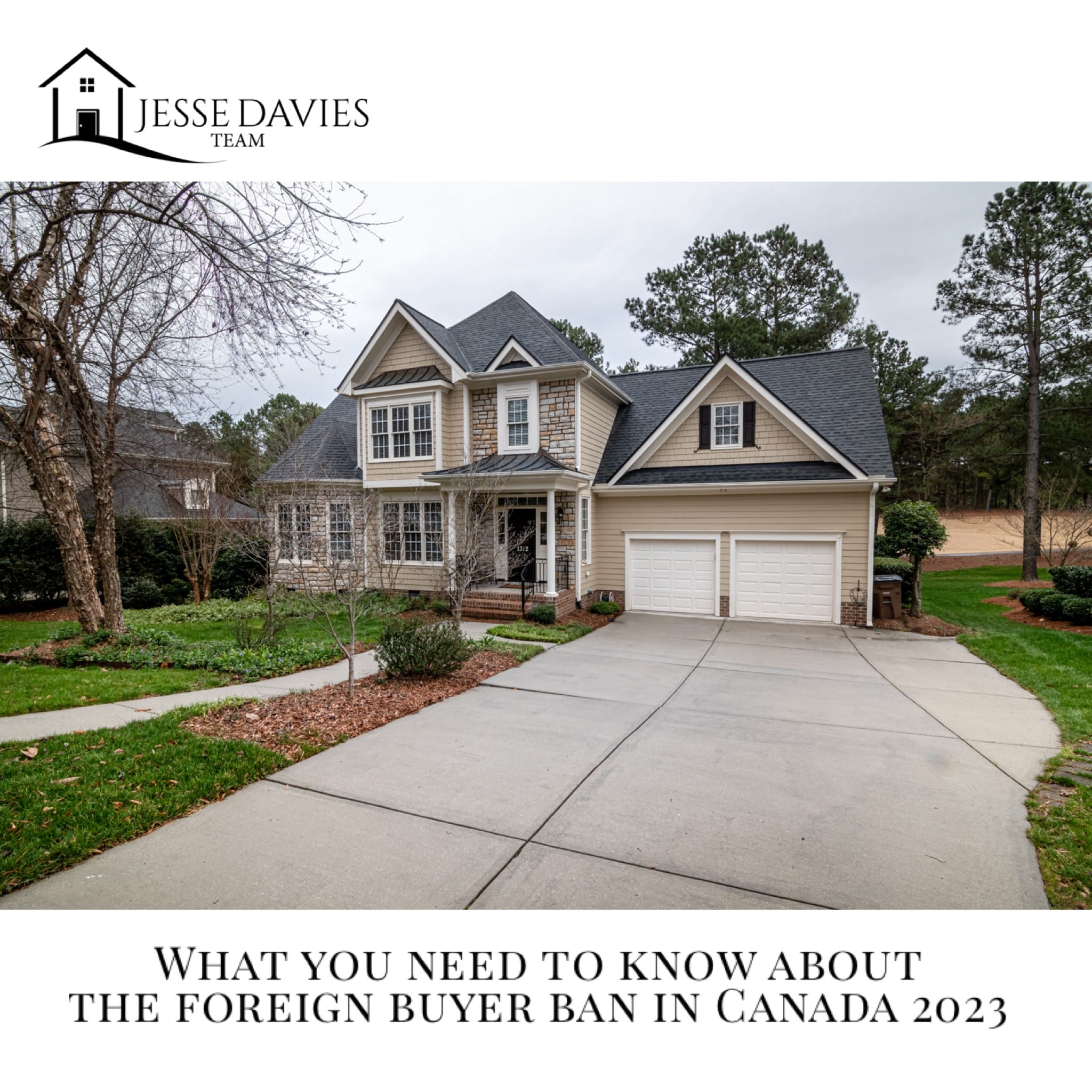What You Need to Know About the Foreign Buyer Ban in Canada

The federal government has implemented a temporary 2-year foreign buyer ban on all residential real estate purchases and sale agreements that were signed after January 1, 2023.
Who is a non-Canadian or a foreign buyer:
Individuals who do not have Canadian citizenship and who are not landed immigrants or permanent residents are non-Canadians & non-permanent residents.
In the House of Commons, Bill C-19 received Royal Assent on June 23, 2022. The Prohibition on the Purchase of Residential Property by Non-Canadians Act is enacted as one of its provisions in Part 5, Division 12. The Act's title suggests that its goal is to prevent anyone who isn't a Canadian citizen, registered as an Indian under the Indian Act, or a permanent resident from purchasing residential real estate from top realtors in Calgary and elsewhere. Additionally, corporations that are neither incorporated in Canada nor listed on a Canadian stock exchange are prohibited from purchasing residential property under the Act. The spouse or common-law partner of any Canadian or exempt person, as well as temporary residents and protected individuals under the Immigration and Refugee Protection Act, are eligible for an exemption.
This ban may not apply to some residential properties in non-metropolitan, low-density areas; however, specifics will be sorted out in Act regulations that have not yet been released. The regulations are anticipated in the spring of 2023.
What is the purpose of the foreign buyer regulation?
In an effort to address the nationwide housing crisis, Parliament has passed this legislation. In recent years, housing prices have skyrocketed, making it impossible for many new families and other first-time homebuyers to enter the market. To combat this, Parliament has enacted the foreign buyer ban to ensure that more Canadians have access to homes.
How does the ban work?
The Act goes into effect for all home sales that take place after January 1, 2023. If a non-Canadian still purchases a residential property despite the Act and is found guilty, they might have to sell it for less than what they paid for it. A fine of up to $10,000 CAD will be imposed on the non-Canadian and anyone else who "[knowingly] counsels, induces, aides or abets or attempts to counsel, induce, aid or abet" the sale.
Purchases of vacant land are exempt, and properties in low-density areas may not be subject to the ban.
(a) A detached house or similar building with no more than three dwelling units, together with the proportion of the building's appurtenances and the land subjacent or immediately contiguous to the building that is reasonably necessary for its use and enjoyment as a place of residence for individuals. The Act applies to any real property or immovable in Canada other than a prescribed real property or immovable.
(b) A portion of a building that is a semi-detached house, rowhouse unit, residential condominium unit, or other similar premises that are owned, or is intended to be owned, apart from any other unit in the building. This includes the proportion of any common areas and other appurtenances to the building, as well as the land that is subjacent or immediately contiguous to the building and that is attributable to the house, unit, or premises and that is reasonably necessary for its use.
In a nutshell, the purchase of residential property by non-Canadians will be severely restricted because of this Act by Royal Assent with certain eligible exceptions. To find out if you are eligible to buy a house in Canada from a top realtor, you can reach us at Jesse@Jessedavies.ca.
What is the Exception/Exemption to the foreign buyer ban?
- Diplomatic exemption: Diplomats and consular staff can still purchase properties even if they are not Canadian citizens or permanent residents.
- International students/Workers: International students who study in Canada and lived in Canada for the past five years and have filed taxes for a minimum of three years.
- Foreign worker exemption: Foreign workers who have been transferred to work in Canada for at least one year can also purchase properties.
- Spousal exemption: A non-Canadian spouse of a Canadian citizen or permanent resident can purchase a property together, provided that the Canadian spouse is a co-owner of the property.
- Corporate buyers: Foreign-controlled corporations may also purchase properties in Canada, although there are restrictions on their ability to purchase residential properties in some regions, such as outside the metropolitan cities.
Can I buy a property in Calgary as a foreign buyer?
Residential properties found outside of major metropolitan areas are exempt from the Act as the focus of this act is to forbid non-Canadians from purchasing residential property, especially in metropolitan cities such as Toronto, Vancouver, Calgary, Ottawa, Montreal, and Halifax.

